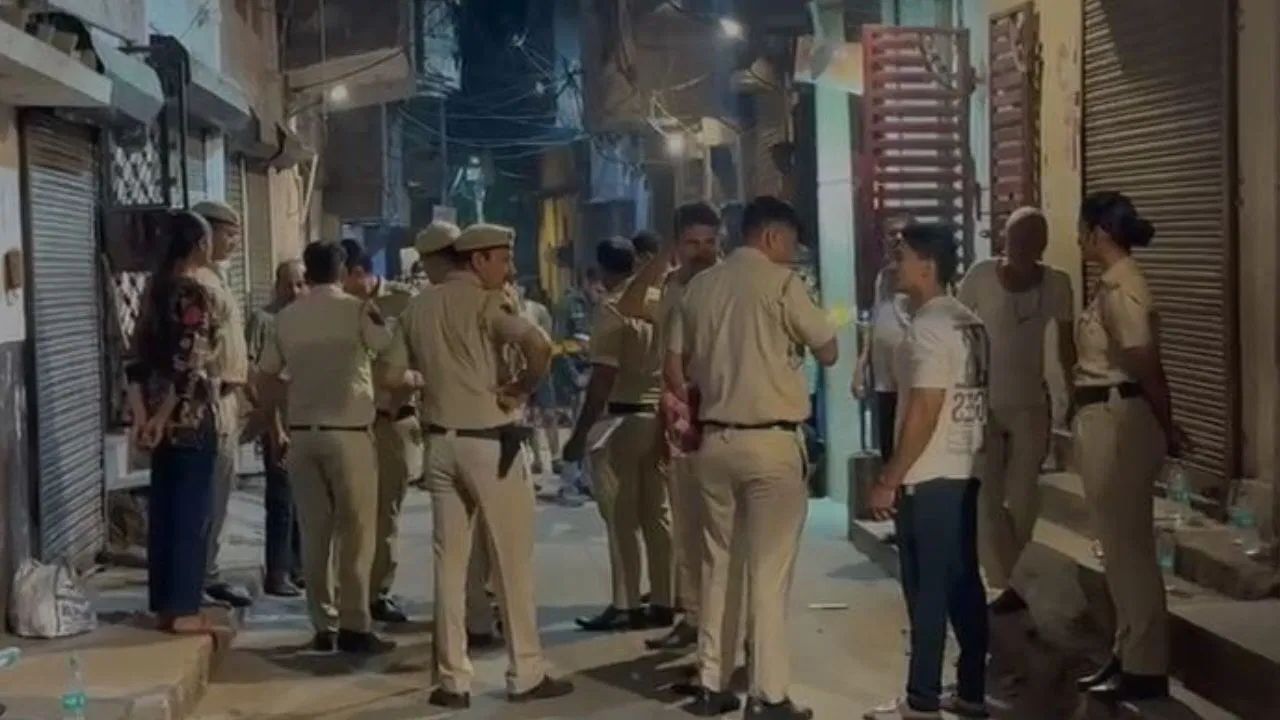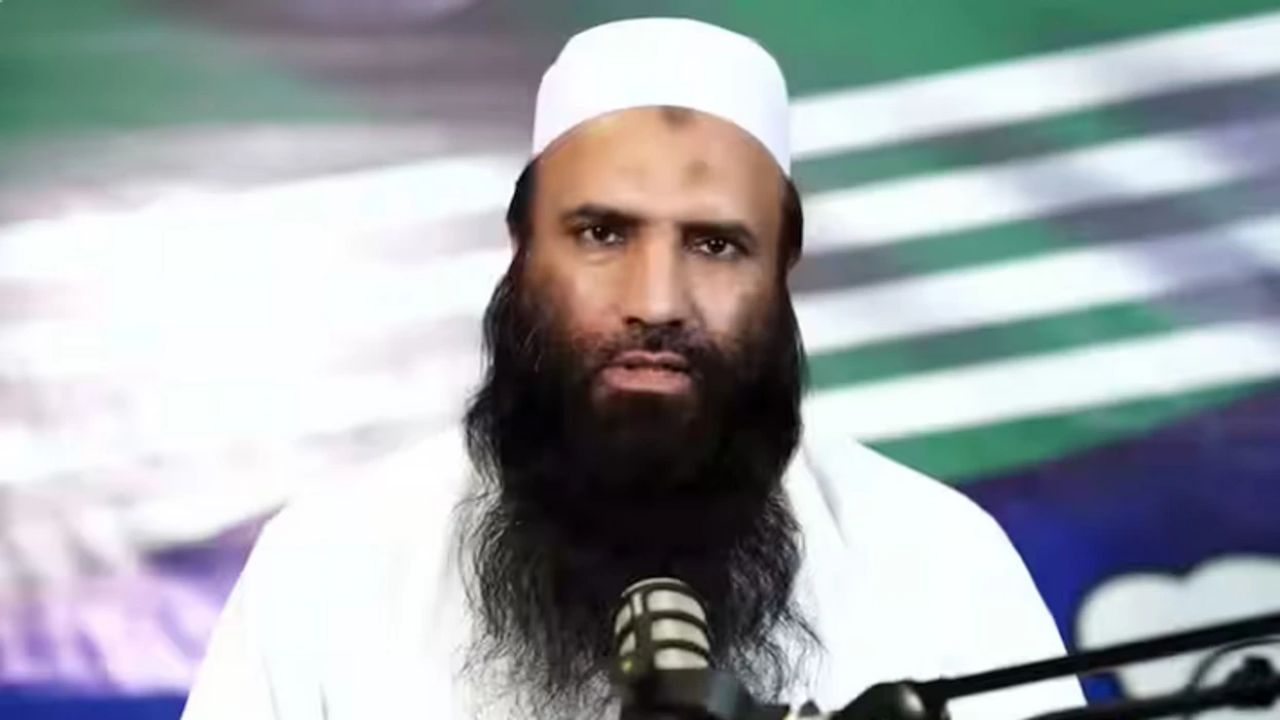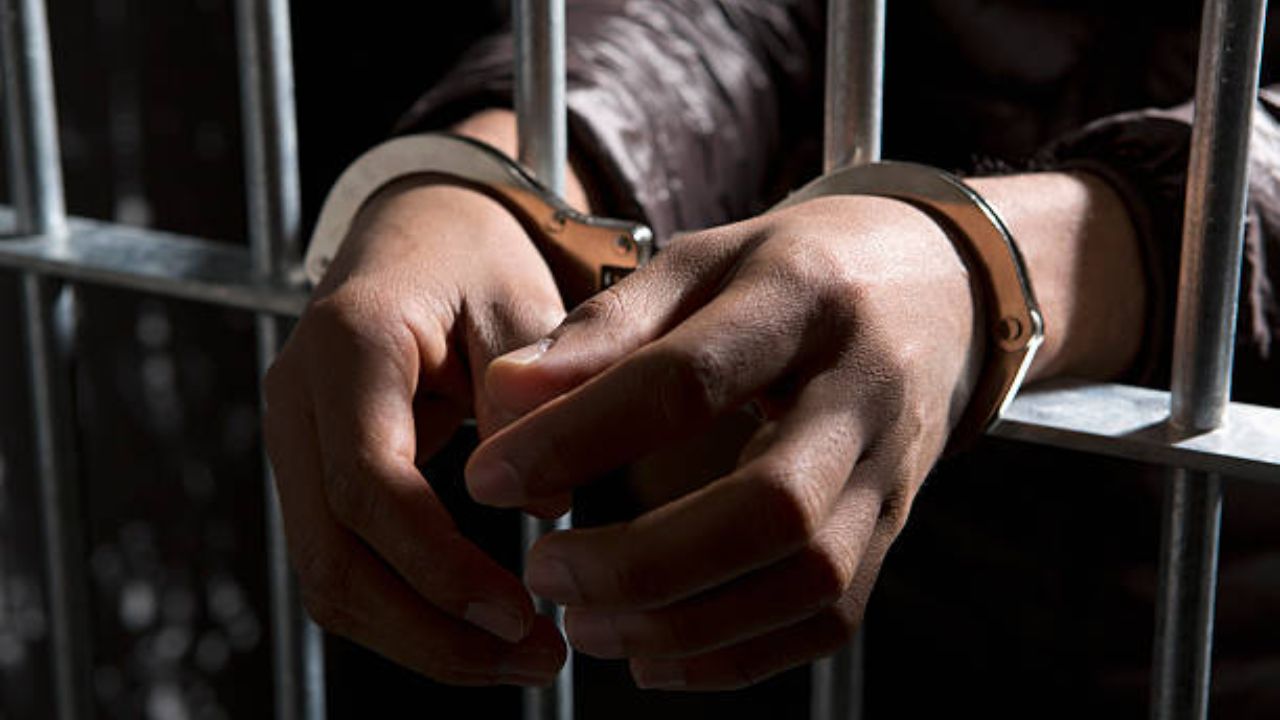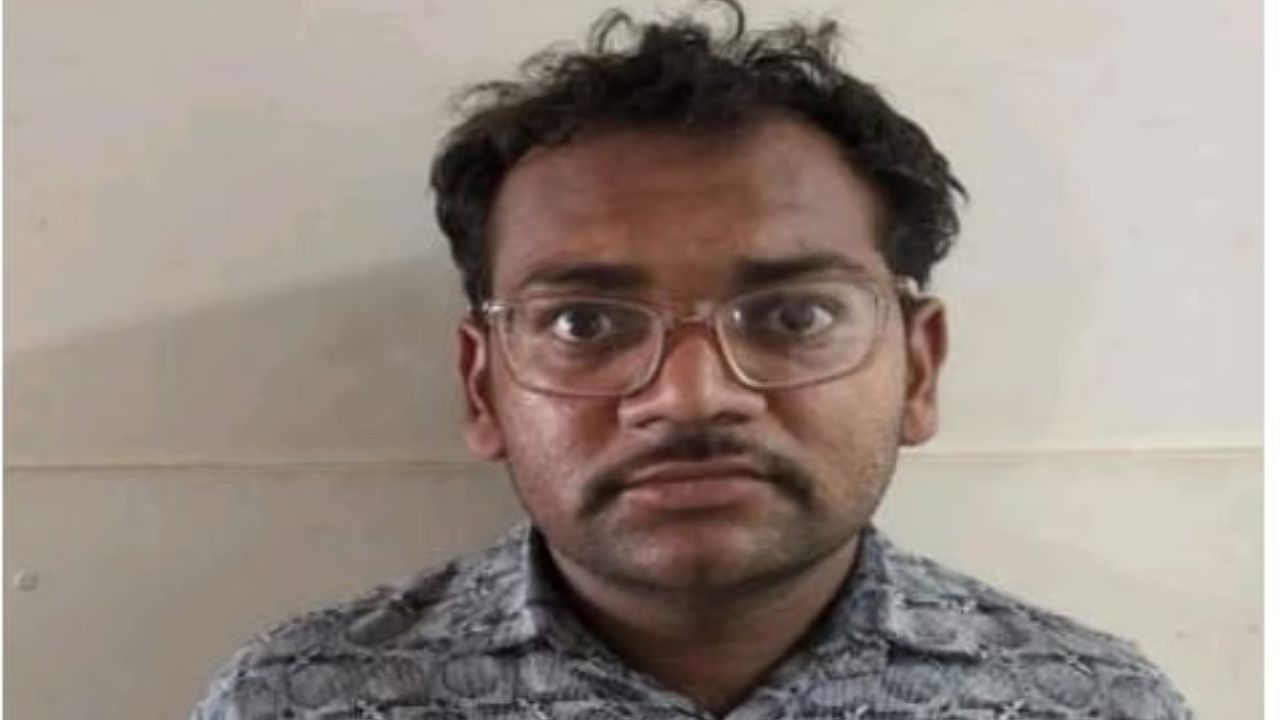NIA Begins Questioning Tahawwur Rana Today; Focus on 26/11 Mumbai Attack Plot
Tahawwur Rana’s Interrogation Begins: NIA Focuses on 26/11 Conspiracy The National Investigation Agency (NIA) on Friday formally began questioning Tahawwur Hussain Rana, a key accused in the 2008 Mumbai terror attacks, just a day after his

Tahawwur Rana’s Interrogation Begins: NIA Focuses on 26/11 Conspiracy
The National Investigation Agency (NIA) on Friday formally began questioning Tahawwur Hussain Rana, a key accused in the 2008 Mumbai terror attacks, just a day after his extradition from the United States. The interrogation, which began at the NIA headquarters in New Delhi, aims to uncover the full scope of the planning and conspiracy behind the deadly 26/11 attacks, which killed over 160 people.
Rana, a 64-year-old Pakistani-origin Canadian businessman and known associate of David Coleman Headley (also known as Daood Gilani), arrived in India late Thursday night. He was immediately taken into custody by the NIA at Indira Gandhi International Airport and produced before the Special NIA Court at Patiala House.
In court, the NIA sought 20 days’ custody, arguing that Rana’s detailed interrogation was crucial to understanding the entire terror network that orchestrated the Mumbai attacks. The court granted the agency 18 days’ custody. Rana, who appeared without legal representation, was assigned a lawyer by the Delhi Legal Services Authority.
Sources said that Rana was taken to court under tight security, with a motorcade that included a jail van, SWAT escort, and an ambulance. Following the hearing, he was moved to a high-security cell at the NIA headquarters in the CGO complex, where he will be held during the custody period.
Rana is facing charges under several sections of the Indian Penal Code, including Section 120B (criminal conspiracy), Section 121 (waging war against the state), Section 121A (conspiracy to wage war), Section 302 (murder), and Sections 468 and 471 (forgery). He is also charged under Sections 18 and 20 of the Unlawful Activities (Prevention) Act (UAPA), which pertain to involvement in terrorist activities and membership in a terrorist organization.
The charges levelled against Rana carry the possibility of the death penalty. However, under the terms of his extradition from the United States, India has assured that he will only be tried for the specific offences included in the extradition agreement—those that are considered crimes in both jurisdictions.
Rana’s alleged role in the attacks stems from his close ties to Headley, who was convicted in the U.S. for his involvement in scouting targets for the Lashkar-e-Taiba in Mumbai. Investigators believe that Rana provided logistical and financial support that was instrumental to the planning of the attacks.
His extradition marks a significant development in India’s ongoing pursuit of justice in the 26/11 case, particularly as it seeks to bring all conspirators, both domestic and international, to account.
Rana’s questioning is expected to shed new light on the cross-border planning and networks involved in one of India’s worst terror attacks, and the NIA is preparing for a rigorous interrogation process in the days to come.





